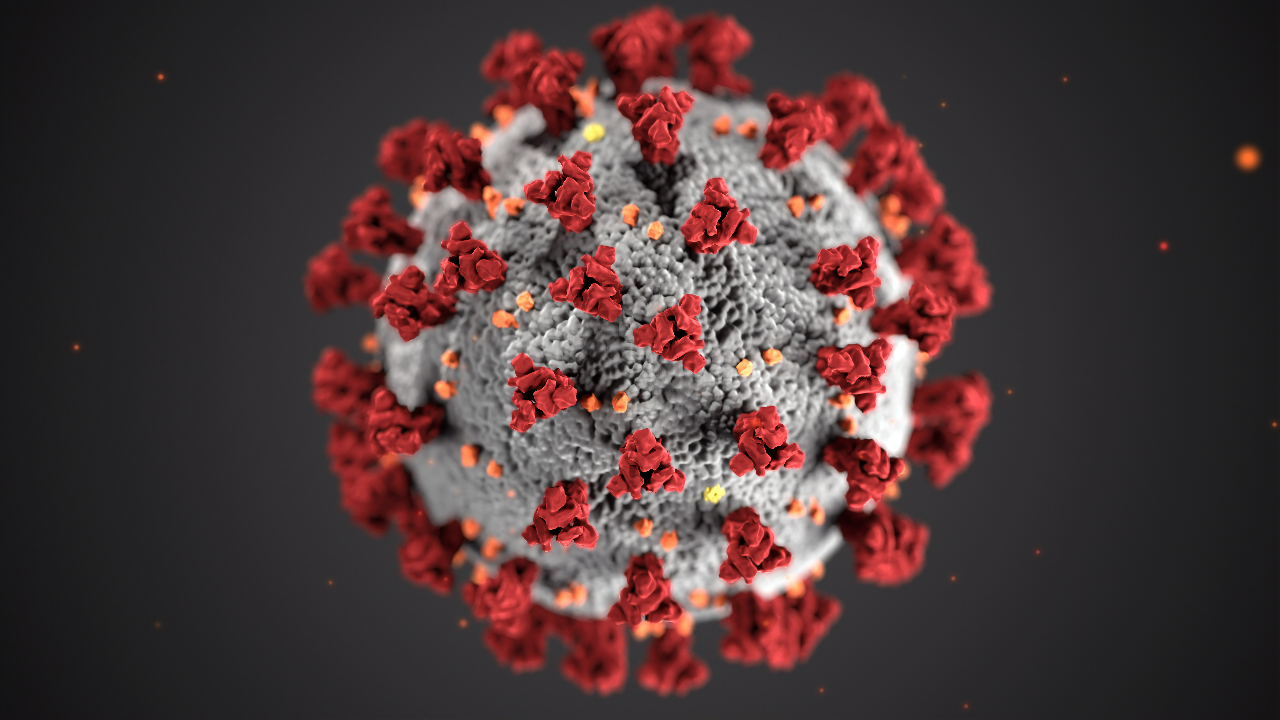News
Confirmed Avian Influenza Cases Surpass 50 in South Africa

South Africa is currently grappling with a significant number of highly pathogenic avian influenza (HPAI) cases, specifically H5 and H7 outbreaks, with over 50 confirmed instances across various regions of the country, as reported by the Department of Agriculture, Land Reform and Rural Development (DALRRD) as reported by SA News.
Also Read: City Expresses Strong Disapproval of Vandalism at Mooifontein Cemetery
The department has called poultry farmers, urging them to promptly report any suspicions of the disease to the nearest State Veterinarian.
As of September 21, 2023, there have been a total of 50 HPAI H7 outbreaks and 10 HPAI H5 outbreaks documented. Gauteng is the province most severely affected by HPAI H7, with a staggering 37 confirmed cases. In contrast, Mpumalanga, Limpopo, and North West have reported two cases each, while the Free State has recorded a single case.
The total number of chickens reported to have perished due to these outbreaks stands at 107,705, with an additional 1,318,521 chickens culled, resulting in an overall loss of 1,426,226 chickens.
Regarding HPAI H5, the Western Cape province has been hardest hit, reporting seven outbreaks. The remaining three HPAI H5 outbreaks have occurred in KwaZulu-Natal.
For HPAI H5, 98,249 chicken deaths have been reported, along with 1,156,283 chickens culled, resulting in a total loss of 1,254,532 chickens.
The DALRRD has observed an increasing number of newly detected H7 and H5 PCR-positive farms and has stressed the importance of stringent biosecurity measures on poultry farms to minimise the risk of introduction.
Additionally, the department has facilitated the importation of fertile eggs for the broiler industry and is considering a similar request for table eggs. The department is also assisting in transporting fertile eggs to Eswatini for their broiler production.
Regarding vaccination, the department has met with vaccine registration regulators and has committed to fast-tracking registration while ensuring that safety, efficacy, and quality remain uncompromised.
Given the potential for the avian influenza virus to mutate and become zoonotic, the department has emphasised the importance of selecting a vaccine based on stringent quality and efficacy criteria. The criteria for vaccination are nearing final development, and only farms with strong biosecurity measures and department approval will be permitted to vaccinate. Other vaccination requirements will include surveillance for early incursion detection and mandatory slaughter of vaccinated chickens.
The department further encourages all producers to enhance their biosecurity measures on the farm, with a particular focus on preventing contact with wild birds, including their faecal material, which can be transported via boots and equipment.
Also Read:
Follow us on Google News
Photo by CDC on Unsplash






















